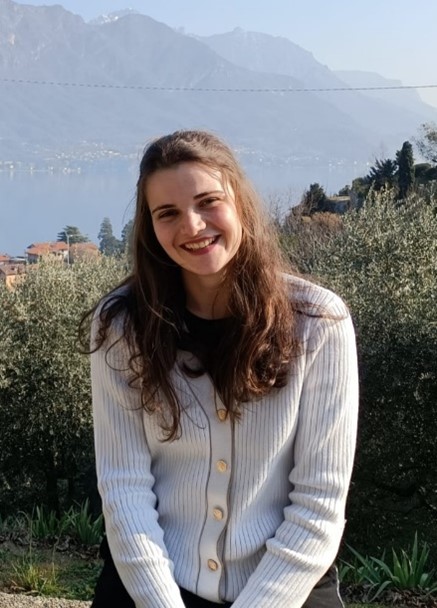Summary :
Promoting the return to co-occupations and occupations for elderly individuals post-stroke and their spouses becomes a real mission for occupational therapists. The purpose of this research is to understand how the COTID program adapted to the post-stroke subject could help maintain a balance in the life of the post-stroke couple. A focus group was conducted with occupational therapists trained in COTID, one occupational therapist trained in COTID working in stroke patient’s home, and two praticing in stroke patient’s home without COTID training. The occupational therapists interviewed reported the importance of taking the couple as a single client, prioritizing goals, to help them participate in co-occupations and maintain a life balance. The two OTs who discovered the COTID program expressed the wish to adopt a co-occupational approach with post-stroke couples in order to co-construct their care, to commit the caregiver more and to achieve long-term benefits.
Cet article est payant !
Je suis abonné, je m’identifie ci-dessous.
Je ne suis pas abonné, j’achète ici
Article rédigé par :
-

Louise Talarmin
Ergothérapeute DE
Responsable « cadre de vie et communication » dans les EHPAD de la ville de Laval
ltalarmin.ergo@gmail.com

